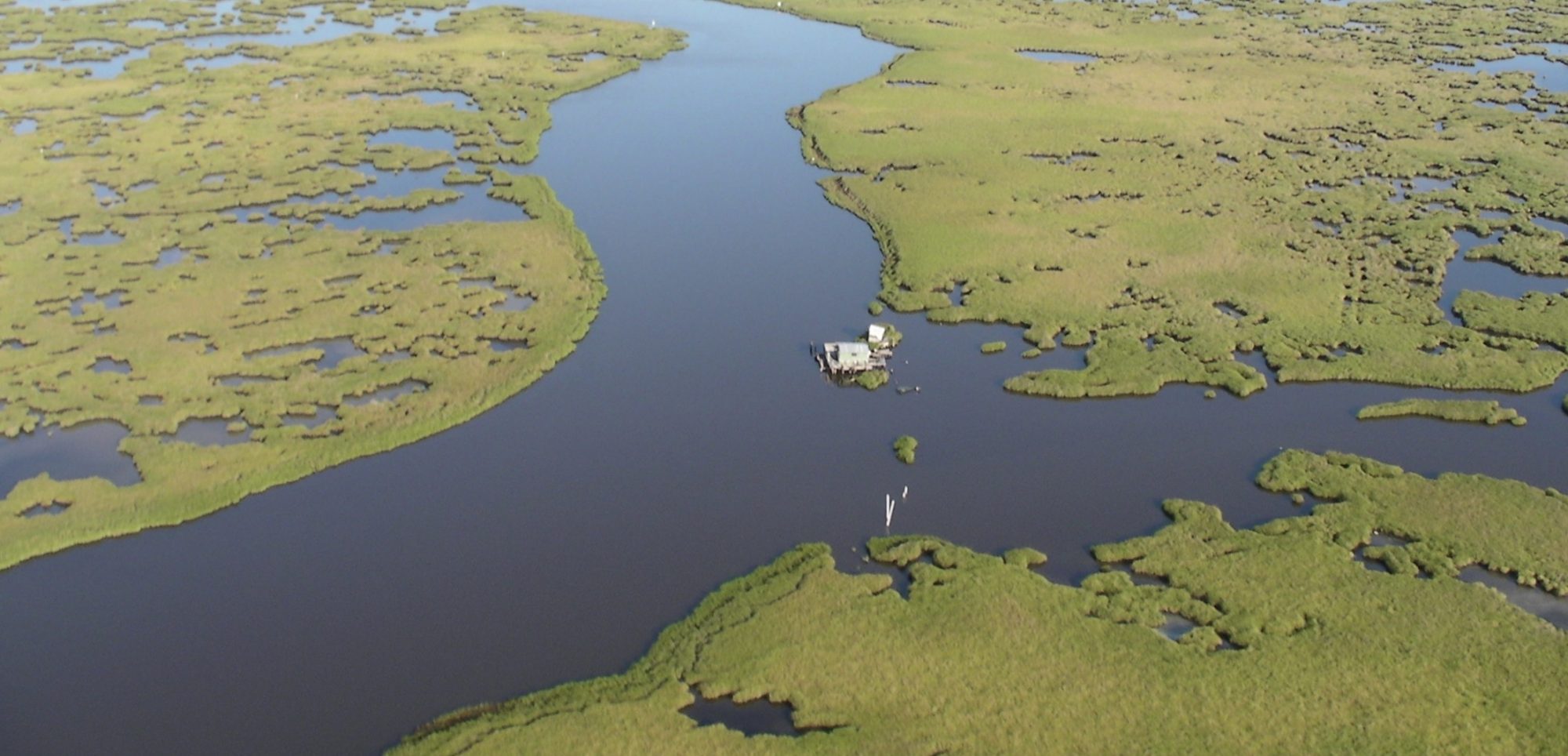
Ph.D. Candidate, Georgetown University
2021 Field Travel Grant Type 1
How Does Sea Level Rise and Habitat Fragmentation Impact the Biotic Communities and Carbon Cycling of a Foundation Plant Species in Coastal Salt Marshes?
“Coastal salt marshes buffer coastlines from hurricanes and erosion, provide nursery habitat for ecologically and agriculturally important animal species, filter multiple pollutants, and store carbon at over ten times the rate of terrestrial ecosystems. However, we currently lack predictive frameworks for how the different foundation grasses in salt marshes will respond to global change, especially relative sea level rise (RSLR)…Along the Mid-Atlantic coast of the USA, RSLR occurs at over three times the global average and has fragmented the habitats of Spartina patens, a foundation species at higher marsh elevations, by favoring Spartina alterniflora, a foundation species at low-elevation that can survive sustained tidal inundation…Considering litter burial is a vital component of vertical accretion in salt marshes, which allows salt marshes to rise with RSLR, the loss of elevation around the edges of S. patens patches could lead to accelerated degradation of patches. Further, it is known that identifying the animal communities that eat litter (detritivores) and the microbial organisms that decompose litter is essential for understanding how litter decomposition and carbon storage functions in all ecosystems. However, no observations regarding the microbial decomposers of S. patens currently exist…Using a vast field project, I plan to expand our mechanistic understanding of how S. patens patches simultaneously lose carbon storage and vertical elevation by examining the landscape-level biotic and abiotic ecosystem properties that regulate litter decomposition. The information generated from this experiment would be essential for understanding how the shifting composition of dominant grasses in coastal salt marshes will impact the overall biodiversity, biogeochemistry, and survival of these vital ecosystems.“
